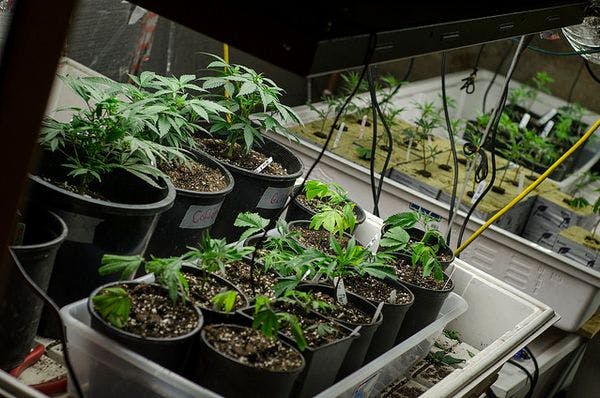Legalización de la marihuana: ¿podría 2016 ser el año en que la ley federal trunque el movimiento cannábico?
Los últimos acontecimientos sugieren que la legalización de la marihuana podría no ser tan estable y permanente como parecería a primera vista. Los conflictos con la ley federal podrían dar un nuevo giro al futuro de la marihuana legal. Más información, en inglés, está disponible abajo.
Suscríbase a las Alertas mensuales del IDPC para recibir información sobre cuestiones relacionadas con políticas sobre drogas.
By Joel Warner
DENVER — Two years into Colorado’s experiment with legalized cannabis, marijuana has become a bit passé. Marijuana stores have lost their novelty, and no one remarks anymore when there’s the tell-tale aroma in the air. People puff on portable vaporizers everywhere you look: in bars, on the sidewalk, or while stuck in traffic on the way home from work. It’s impossible to know whether they’re inhaling tobacco or cannabis — nor does it matter, legally. Decades of social stigma have evaporated; all signs indicate legal marijuana is here to stay.
But several developments over the past few weeks suggest that legalization might not be as stable and permanent as it seems. Last week, a federal judge dismissed a lawsuit that aimed to help launch the world’s first marijuanacredit union. The ruling came on the heels of the settlement of a racketeering lawsuit that could be among the first of many to plague cannabis businesses, and a post office threat to forbid all marijuana advertising from going through the mail. All three events are reminders that marijuana markets around the country are built on shaky ground, and 2016 could be the year that these precarious arrangements show ever more signs of wear, or even in some cases come tumbling down.
That’s because the seemingly unstoppable force that is the marijuana legalization crusade is finally hitting the immovable object that is federal law. While lawmakers and business stakeholders have proven adept at creatively building state-by-state marijuana regulations and industries where none before existed, as recent events make clear, there is only so far they can go before running headfirst into the fact that, according to the U.S. Controlled Substances Act, the product at the center of all this action is still 100 percent illegal.
Click here to read the full article.
Keep up-to-date with drug policy developments by subscribing to the IDPC Monthly Alert.
Thumbnail: Flickr Brett Levin
